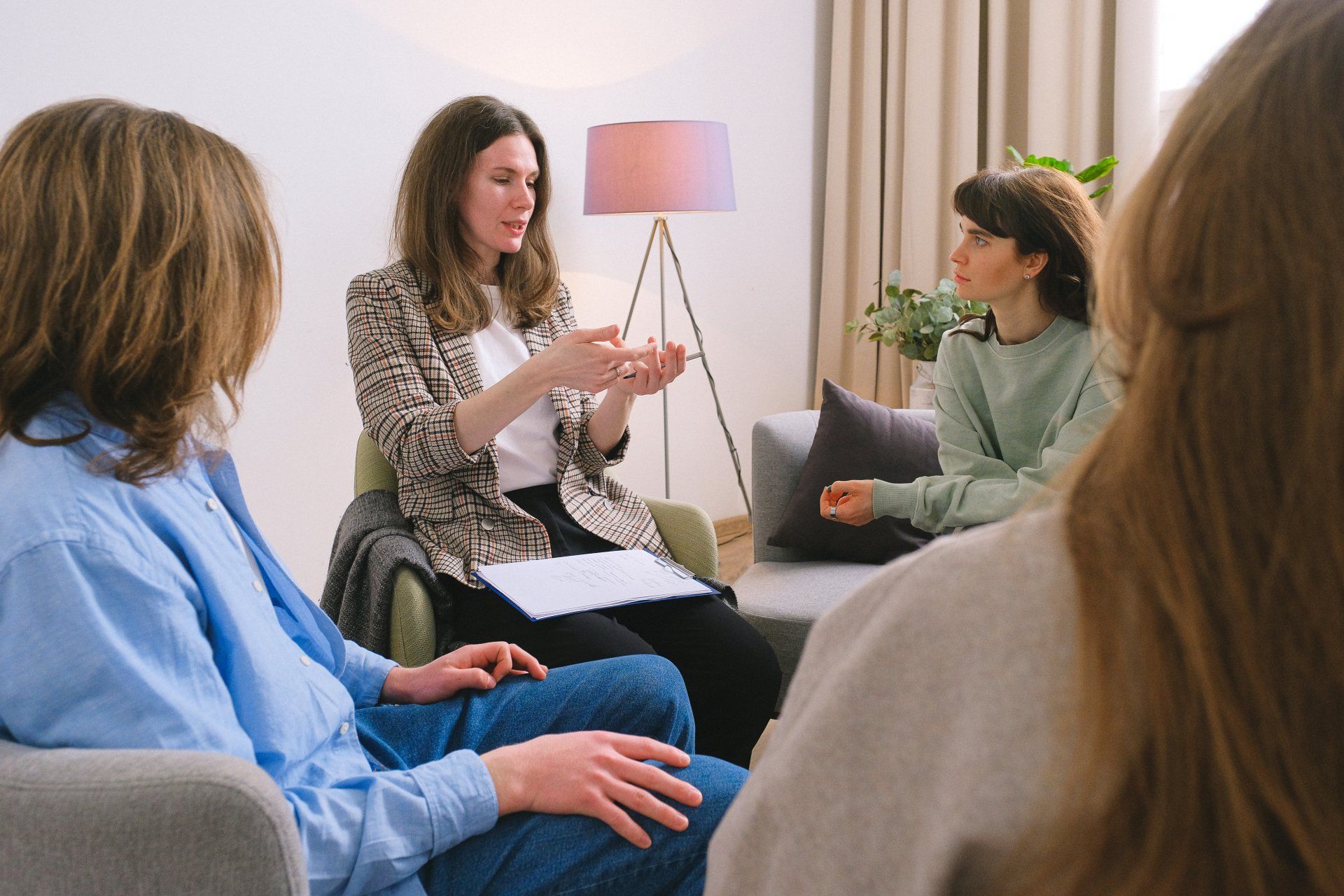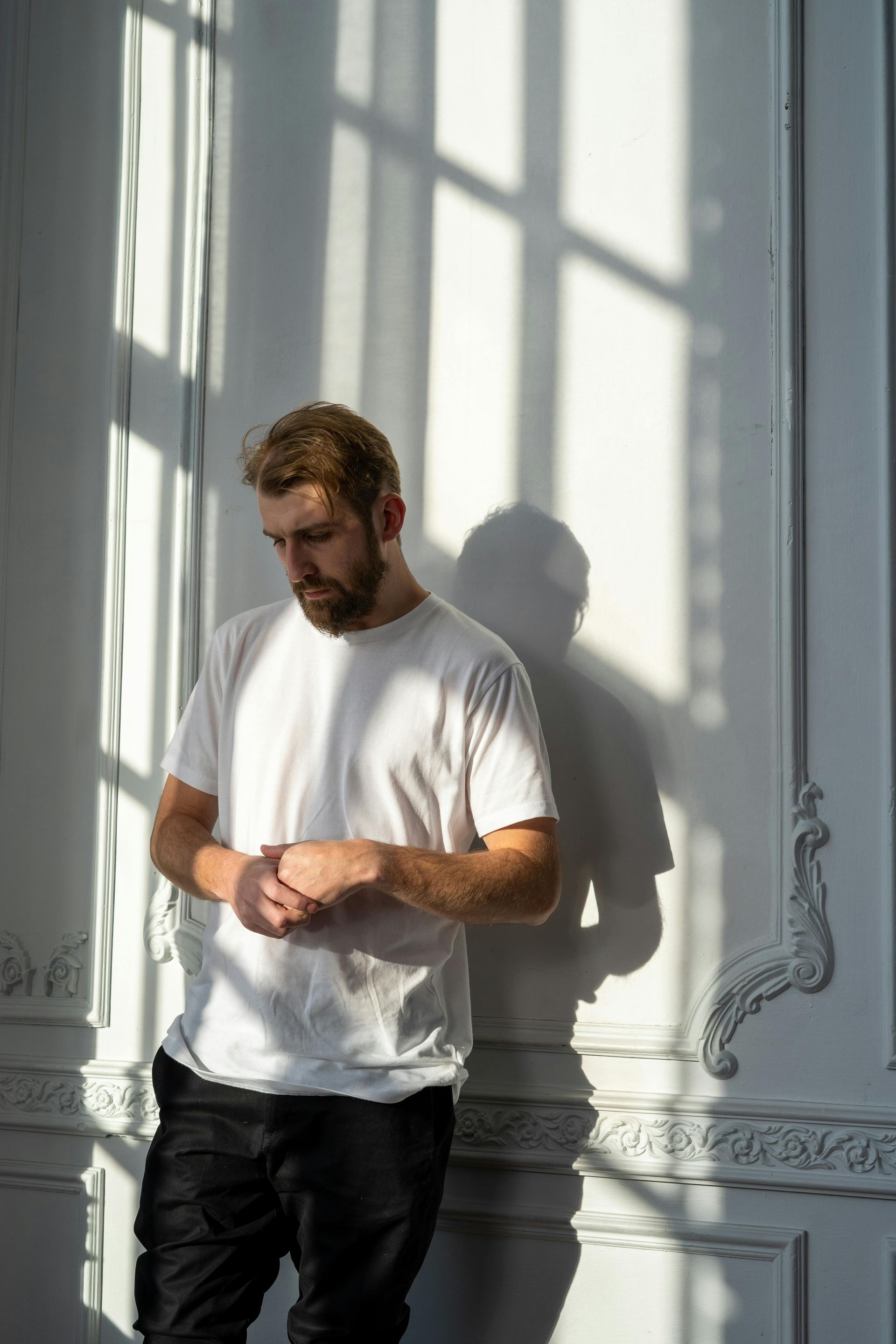Providing Counselling & Psychotherapy for Individuals, Couples,
Teens & Children
Westmeath Counselling Service
Here to assist you...
At Westmeath Counselling Service we have gathered
together a group of highly trained and gifted Counsellors and Psychotherapists to provide you with a therapeutic service that is second to none. All of our qualified Therapists are fully accredited to IACP / IAHIP. We provide face to face, online and telephone Sessions. Your Emotional Wellbeing is Our Priority.
Let’s Talk
What brings you to counselling today?
We have someone ready to listen...
· Anxiety
· Stress
· Work/life balance
· Childhood issues
· Sexual dysfunction
· Depression
· Relationship Issues
· ... and many more
Contact us today to speak with a qualified therapist.










